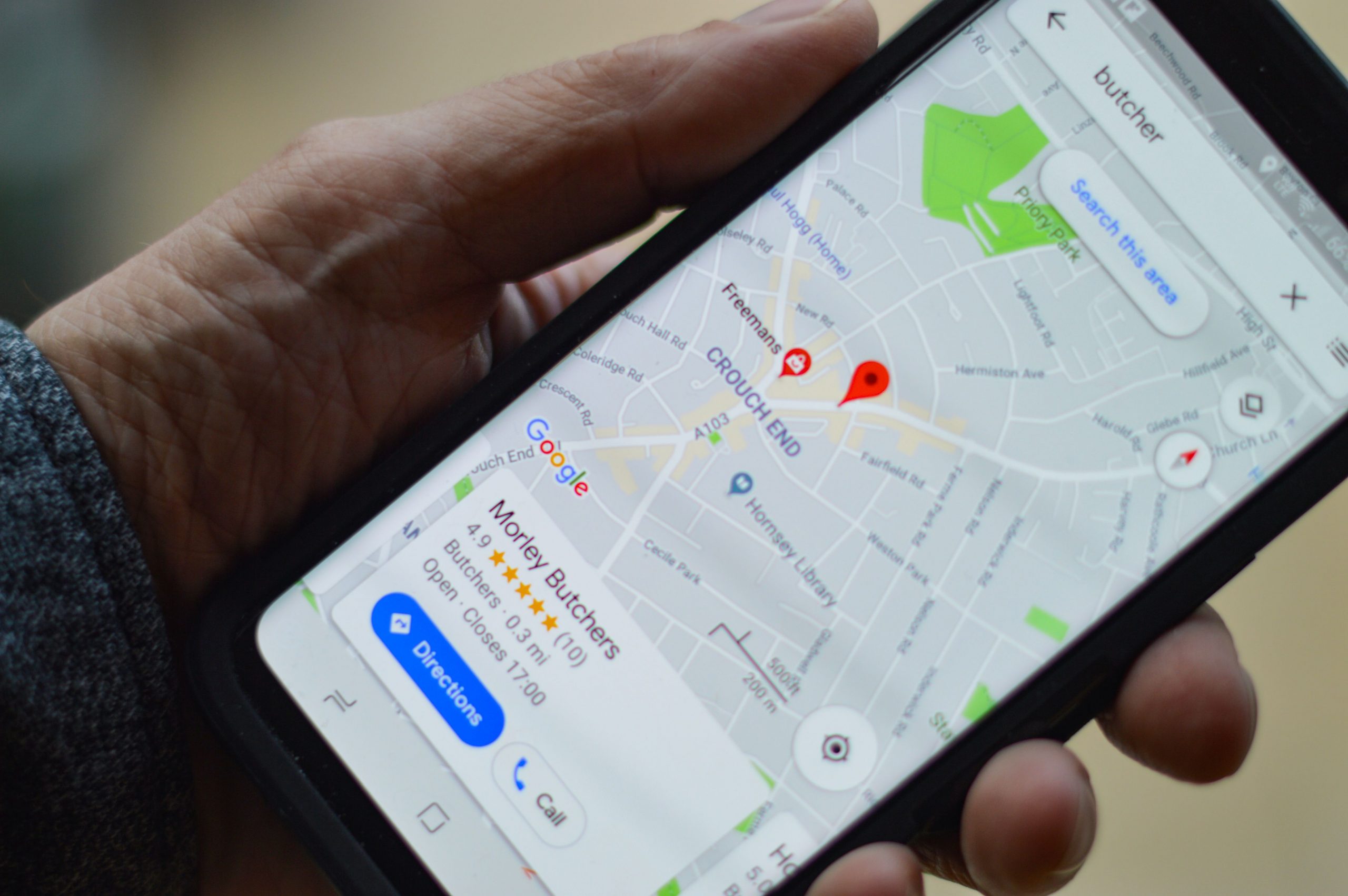Contextual marketing can only be considered as one of the tools in the marketer's arsenal. But more broadly, AI-based algorithms are a powerful force that is changing the way we shop and use the web.
According to the 2018 report, 81 percent. marketers then planned to increase their spending on contextual marketing. This trend continues. While only a few years ago hardly anyone shopped under the influence of such recommendations, today many people appreciate the convenience of personalized, context-specific content.
What is contextual marketing?
As the name suggests, contextual marketing is content tailored to the context, i.e. habits and choices of a specific customer. This could be the context:
- location,
- age, gender, marital status, life situation,
- shopping preferences,
- time
- interests.
Understanding these specific contexts allows you to better understand what exactly contextual marketing is. Location is the matching of recommendations or offers based on where you live or stay. In the past, location information was collected only on the basis of past purchases, today often on an ongoing basis - e.g. in applications and social media. Contextual marketing based on personal characteristics, interests or sensitive data is a simple method of predicting preferences and invaluable sales support. On its basis, it is very likely that something can be accurately recommended to newlyweds, young parents, pensioners, etc.
Do you want to implement effective contextual marketing?
Check which strategy we recommend for you!
Recommendations based on purchasing preferences allow us to propose products similar or complementary to what is or was once in the basket (about how a complementary product increases the value of the basket, we wrote on the blog before). Finally, contextual marketing can be based on the time that has elapsed, for example, from the last purchases, from what times the purchases are made, etc.

Advantages and disadvantages of contextual marketing
Often, when we talk about the advantages of marketing, they are one-sided - seen mainly from the perspective of the marketer who plans the campaign. Customers don't like seeing advertisements. It's completely different with contextual marketing, which is its greatest strength. As long as it is done wisely, it can be a real help in the everyday life of a person who does not have time to think about subsequent purchases. If someone repeats purchases cyclically, he will be happy to find out in time about a promotion for what he needs anyway. This greatly increases customer lifetime value. Sometimes a one-time customer starts to come back regularly thanks to e-mail marketing or SMS reminder. It's easier for him than looking for a new place to shop every time.
Contextual marketing actually has all the benefits - as long as it's properly targeted and planned. Badly matched ads and recommendations can irritate or even discourage the customer from entering the store. You also cannot save on it. Algorithms are becoming more and more sophisticated. They pick up the nuances better and better and… contexts. The point is not to offer a person who has already bought a red coat a different red coat every month. However, the customer can get to know complementary or similar products to what is already in the wardrobe.

It happens that companies target him after, for example, a year or two, forecasting that it may be time for another coat purchases. Such predictions can be especially accurate in the case of electronics. For example, a laptop usually wears out after approx. 3 years. A message with a proposal for a new, similar computer in an e-mail box can save the buyer many hours spent searching for a similar one. Contextual marketing is increasingly overlapping with content marketing and general marketing communication strategy. The company's newsletter may be in the form of a lifestyle magazine. You can wait impatiently for a list of discount coupons for your favorite store.
Contextual Marketing by Examples
Location-based contextual marketing can be described using the example of popular GPS services and maps. Taco Bell has partnered with the Waze navigation app. When the user approached the restaurant's chain, he saw information about the current promotion in the application. Meanwhile, some companies are more visible than others on Google maps.
The first attempts at advertising on Google have already appeared Street View. It was even said that the company would sell space on virtual billboards. Many other applications use GPS for targeting people who are located in a specific area. Location-based contextual marketing also appears, for example, to a WI-FI user at an airport who sees an advertisement for a nearby restaurant on his / her phone.

The future of contextual marketing
Contextual marketing increases in quality with the development of AI. What a few years ago were random recommendations, today is based on big data and machine learning mechanisms. Already in 2012, the case of a teenager who started buying snacks typical for pregnant women, pregnancy tests and supplements in the Target online store was notable. After a few weeks, she found a catalog addressed to pregnant women in her mailbox. The company shipped it based on its recent purchases. Unfortunately, it fell into the hands of her father, who thus found out about her pregnancy. Since then, artificial intelligence has gained precision. He knows human nature even better and can predict more effectively than ever. This heralds that curiosity contextual marketing will become one of the main ways companies target their customers.
Smart home technology will only make their work easier. The first refrigerators are already beginning to appear, automatically ordering the items of your choice when stocks run out. Voice search systems - like the famous Alexa - help in everyday matters, but they can also remember what our needs are and what we need. On this basis, they recommend shopping, and the next time you visit the network, the algorithm may suggest exactly what will be useful. This is just the beginning of the changes that are coming. Don't be surprised - contact us and start building a competitive advantage today, thanks to effective, modern marketing tools.
